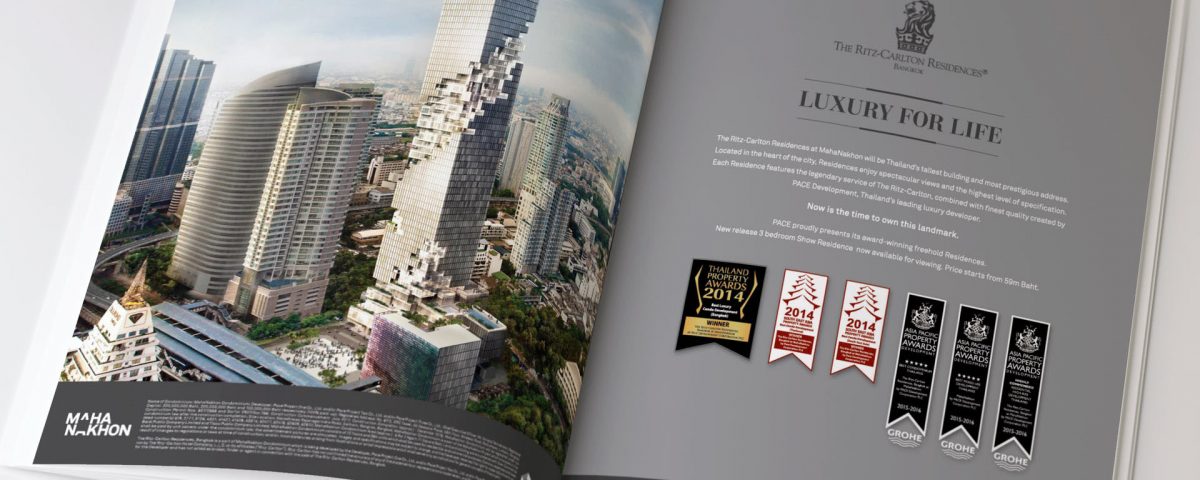Spirit of Resiliency

Our Beginning…
October 6, 2017
It’s been 10 YEARS??!?!
March 9, 2020This article is from Connected, Visual Media Alliance Winter 2020 issue
Print is alive and well at Dakota Press in the Bay Area
Based in San Leandro, Dakota Press is living proof that print has a beating heart in a tech-driven, digital world. Perhaps that’s because owners Mari and Gary Reid are passionate veterans of the printing business. When the two bought their small operation in early 2010, each had already spent decades working in the industry.
Before buying Dakota Press, the Reids worked at a family-owned press, which became a casualty of the recession and folded in 2009. “All we knew was printing. We’re printers. I thought, ‘We don’t have a job, what are we going to do?’ ”says Mari.
But they weren’t out of work for long. Before their former employer shut down, the Reids met a couple who wanted to sell their printing company. Though they weren’t interested in the deal at the time, the Reids jumped at the opportunity after losing their jobs.
“We bought the assets and receivables, and we didn’t process it, we just did it,” says Mari of the self- funded transaction that made them owners of Dakota Press Inc., a union shop based in the Bay Area with 15 full-time employees.
A Decade of Press
In February 2020, the Reids will celebrate 10 years in business, a period that has had its share of ups and downs. “It’s been a struggle , but we’re surviving,” says Mari of their 10,000-square-foot facility that houses commercial, off-set sheetfed press capabilities, as well as digital printing options.
She attributes the company’s success to continual reinvention, honoring older equipment while embracing new technology. “You have to stay in front of what’s happening in the industry,” says Mari. “We are constantly changing because if you don’t you will become obsolete.”
Dakota Press’ evolution includes earning noteworthy distinctions for diversity. Dakota Press is certified as a Women’s Business Enterprise by Astra Women’s Business Alliance, and a regional certifying partner of the Women’s Business Enterprise National Council. In addition, it’s designated as a Minority Business Enterprise by the National Minority Supplier Development Council.
“It’s not that we get a tremendous amount of work with these certifications, but for our biggest client, Kaiser, it’s a big deal,” Mari says.
Leaving a Mark
Dakota Press works with a range of large and smaller clients, among them government, nonprofit, union locals, arts and healthcare organizations, providing pre-press, production, finishing and mailing from business cards to brochures, books, and multi-color specialty publications. “And everything in between, including promotional products,” says Mari.
“The digital department is always running,” says Gary, who is vice president of the company. “For the bigger presses, we need to be able to adjust the processes. Mari helps drive that with purchasing power.”
Regardless of client type or press preference, what sets Dakota Press apart from other printers is a combination of factors, according to Gary, who manages the trade side, as well as sales and quality control for the company.
“Knowledge, great customer service and being a bit ornery—we do everything we can to land an account. And we do things the old-fashioned way to retain clients for as long as we can. Plus we’re deadline driven,” he says. “At the end of the day we are a small printing shop so we work hard to hit them.”
Employees also have played an important role in Dakota Press’s longevity, a loyalty the Reid’s honor by providing generous healthcare benefits for their staff and families. “I want to be able to treat people like I want to be treated,” Gary adds.
Shedding Old Habits
While the reliable hum of a seasoned, 40-inch Heidelberg press is ever present in their operations, the Reids have left some time-weathered printing traditions behind, particularly those that harm the environment.
A proponent of sustainable business practices, Dakota Press has been certified four times as a Bay Area Green Business. It’s ecological mindset includes reducing waste by purchasing products that minimize environmental impacts, toxics, pollution and hazards and greenhouse gas emissions, as well as conserve energy and water.
Dakota also uses products with recycled content, agricultural fibers and residues, and unbleached or chlorine-free manufacturing processes that are lead-free and mercury-free, and use wood from sustainably harvested forests. Helping to reduce the carbon footprint of their community and create a safe workplace for employees is second nature to the Reids, who slowly turned their business into an ecologically- sound enterprise.
“It took a lot of hard work to make the changes because we purchased an old printing company that was toxic. But it was important to us because it is innate,” says Mari. “We don’t look at it like it’s going to bring us more work. We worked 25 years for a printing company that was green. Everything is just so toxic. We care about what is happening and the future of the earth. And we have grandchildren.”
Print isn’t Dead
Though it’s been tough at times, Dakota Press has endured challenges by being able to pivot quickly in what Mari describes as “the crazy printing business.”
“We do more with less. We’ve made a lot of mistakes, but we’ve learned from them and don’t repeat them. Sometimes, I am amazed we are still here. We just move forward. We have to because Gary and I are too old to go look for another job,” she says.
“And we have great employees. When I first got into this business I thought it was about the equipment because I worked 25 years in an environment where it was the most important thing that was constantly being replaced with newer equipment. But we bought a small company with older presses. It’s about the craft of printing and true craftsmen. It took me awhile, but owning a business makes your realize that. It’s the people who make you survive.”
The Reid’s resilience—and the spirit of an industry that still churns out plenty of printed media and marketing materials with traditional methods—is reflected in Dakota Press’s logo, a bison, which symbolizes something that was almost extinct but came back bigger and stronger.
“Kind of like printing,” Mari says. “Everyone thinks printing is dead but we don’t believe that or we wouldn’t have taken this huge risk.”


